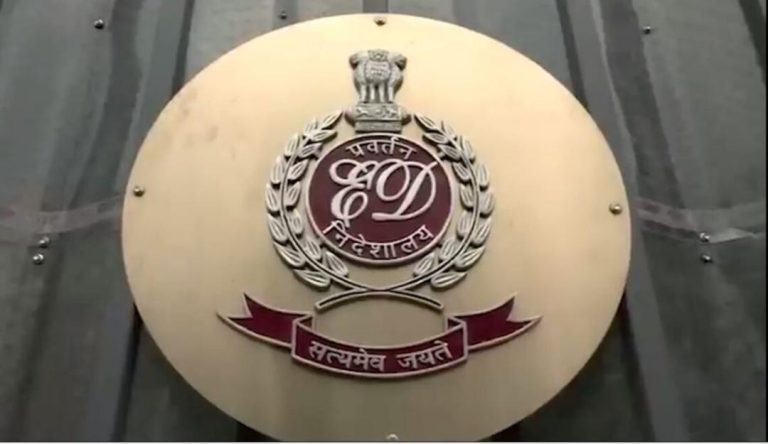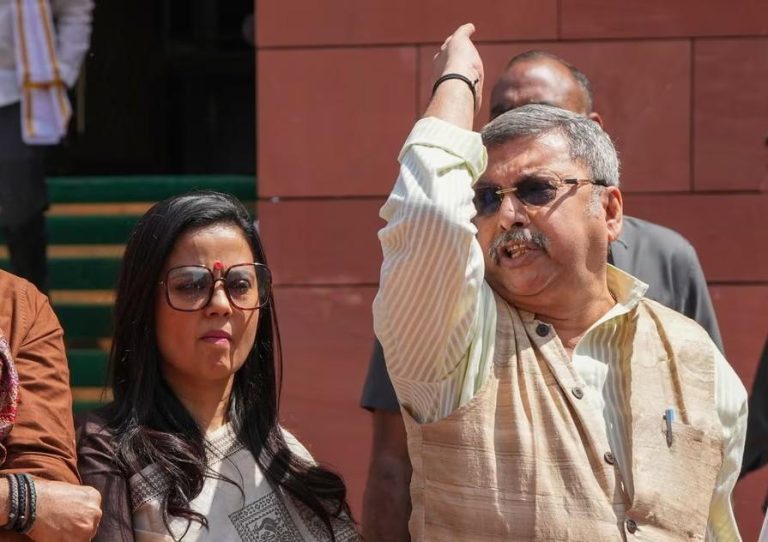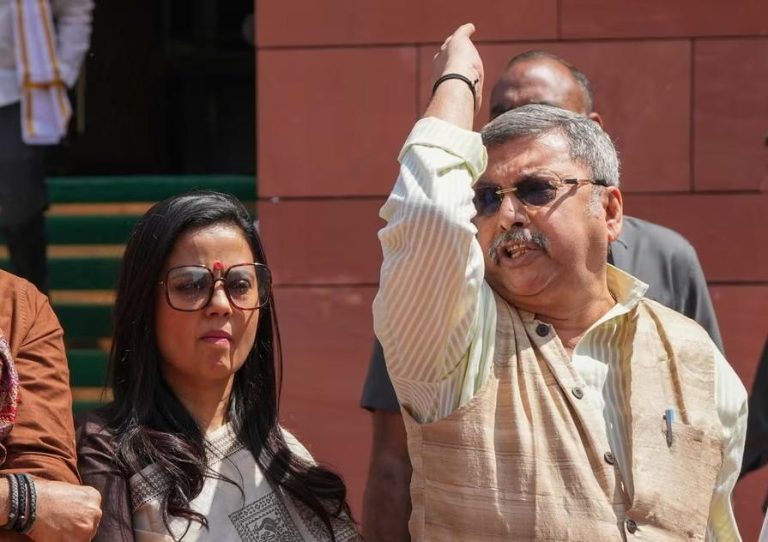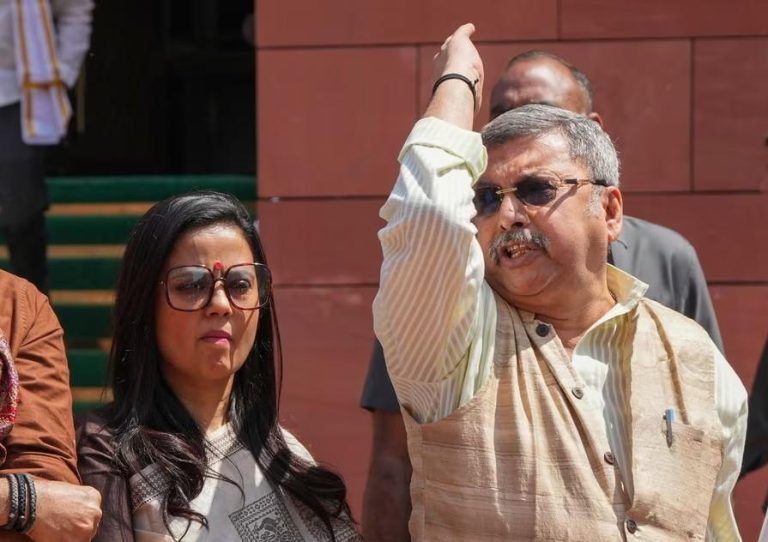
Indian National Jailed for 4 Years in Sri Lanka for Match-Fixing
Cricket has always been a beloved sport in India, and the country has produced some of the greatest players in the world. However, the sport has also been plagued by the issue of match-fixing, which has led to numerous scandals and controversies over the years. In a recent development, an Indian national has been sentenced to four years in prison for match-fixing in Sri Lanka’s 2024 Legends League T20 tournament.
According to a report, Yogi Patel, an Indian national, was found guilty of proposing to fix matches in the tournament and was fined SLR 85 million (approximately INR 45 million). Additionally, he was ordered to pay SLR 2 million (approximately INR 1 million) to Upul Tharanga, the chairman of Sri Lanka selectors, for defamation.
The incident occurred during the 2024 Legends League T20 tournament, which was held in Sri Lanka. Patel, who was involved in the tournament as a player, allegedly proposed to fix matches to a group of bookmakers. The proposal was rejected, but the bookmakers reported the matter to the authorities, leading to an investigation.
The Sri Lankan authorities took the matter seriously and launched a thorough investigation into the allegations. Patel was eventually arrested and charged with match-fixing. The court found him guilty and sentenced him to four years in prison.
The sentencing of Patel has sent a strong message to those involved in match-fixing that it will not be tolerated in Sri Lanka. The country has a reputation for being a hub for international cricket, and the authorities are determined to ensure that the sport is played fairly and honestly.
Match-fixing is a serious issue that can have far-reaching consequences. It can damage the reputation of the sport, undermine public trust, and lead to financial losses for teams and players. It is essential that those involved in the sport take steps to prevent match-fixing and to report any suspicious activity to the authorities.
In recent years, there have been several high-profile cases of match-fixing in cricket. In 2010, three Indian cricketers were banned for life for their involvement in a match-fixing scandal. In 2013, a Pakistani cricketer was banned for five years for his role in a match-fixing scandal. In 2019, a South African cricketer was banned for six years for his involvement in a match-fixing scandal.
The issue of match-fixing is not unique to cricket. It has been a problem in several other sports, including tennis, football, and basketball. However, the consequences of match-fixing can be particularly severe in cricket, as it is a sport that is deeply ingrained in Indian culture and has a massive following.
In conclusion, the sentencing of Yogi Patel to four years in prison for match-fixing in Sri Lanka’s 2024 Legends League T20 tournament is a significant development in the fight against corruption in cricket. It serves as a reminder that match-fixing will not be tolerated, and those involved in the sport must take steps to prevent it and report any suspicious activity to the authorities.
Sources:






